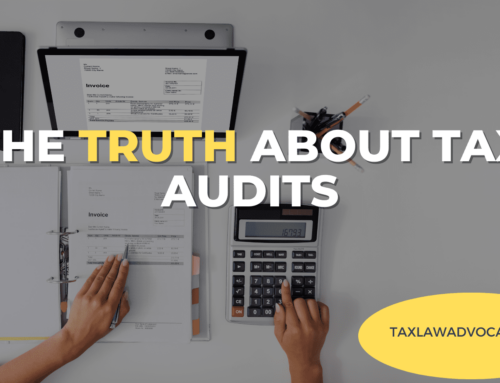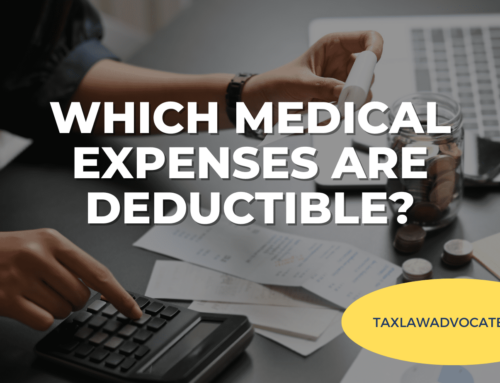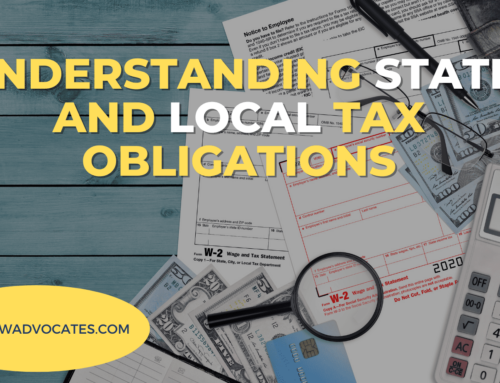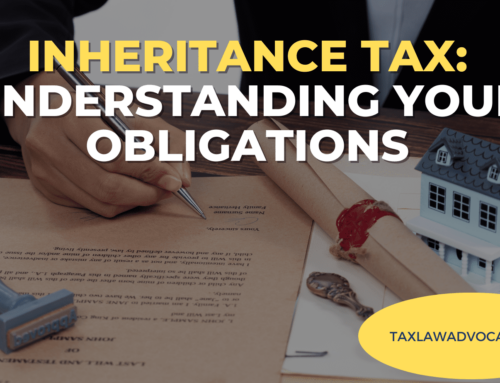The IRS routinely sends notices or letters to taxpayers for a variety of reasons. These letters can be about deficiencies in paid taxes, collection notices, and notes about audits and balances due.
The cause for the contact will be explained in your notice or letter, along with guidance on how to manage the situation. There is no need to reply in most circumstances if you agree with the facts.
You may have received a notice because:
- A specific refund is due to you.
- They need to let you know if there are any delays in processing your refund.
- There is a balance owed to you.
- They have a tax-related inquiry for you.
- They require more information.
- Your return has been altered.
What should you do after receiving a notice from the IRS?
- Read the letter fully
Because each notification or letter offers information critical to your status as a US taxpayer, you must read it carefully. Then, compare the data/information presented by the IRS letter with your original return if the IRS has altered any of the details.
- Respond to the IRS
If your notification or letter requests an answer by a specific date, you should comply for two reasons:
- To avoid paying more interest and penalties
- If you disagree, retain your right to appeal.
- Pay when required
Even if you can’t pay in full the debt owed, pay as much as you can. Then, you can make a payment or apply for an Offer in Compromise or an Online Payment Agreement.
- Keep a copy of your notification or letter for your records.
It’s critical to maintain a copy of any notices or letters you get with your tax records. This is because you could need these documents in the future.
- When in doubt, get in touch with the IRS
You will find the IRS ‘ updated phone numbers in the upper right-hand corner of the notification or letter. You should only ever contact the IRS if you specifically disagree with the contents of the notice or if the bureau has requested further information. Alternatively, you can send the IRS a written response. Address the printed response to the address listed on the letter. Give them about 30 days for a reply if you do send snail mail. Your correspondence’s notice (CP) or letter (LTR) number can be found in the top or bottom right-hand corner.
Standard IRS Notices and What They Mean
CP01:
The IRS may send you this notification to let you know that they’ve verified your claim and put an identity theft indicator on your account.
CP01H:
Because they were unable to process your tax return, you have received this letter. In addition, because the Social Security Number you provided on your tax return belonged to someone who died before the current tax year, the IRS has placed a lock on your account.
CP05:
The IRS is auditing your tax return for correctness, precisely your income, expenses, and credits. You should contact the IRS if you have not received your refund or heard from the IRS within 45 days of getting this letter.
CP05A:
They are reviewing your tax return. It requires verification of your income, withholding reported on your income and social security benefits, tax credits claimed, household aid claimed, and company revenue.
CP07:
Your tax refund is being held. The hold will remain until a more thorough review of your account is undertaken regarding Schedule A deductions.
CP10:
Due to a discrepancy, the IRS has made modifications to your return, which may have an impact on the estimated tax payment you requested to be applied to your next tax year.
CP21C:
For the tax year listed on the notification, the IRS has made the modifications you requested, and you are not due a refund or owing anything. There is no money in your account. You don’t have to do anything if you agree with the modifications.
CP24:
Because of a discrepancy between the amount of projected tax payments on your tax return and the amount posted to your account, the IRS has made changes to your tax return.
CP30:
You have been issued a penalty for failing to pay enough of your taxes in advance, either by having taxes withheld from your pay or making timely approximated tax payments.
CP32:
Your replacement refund check comes with this message. Remember to destroy the expired check if you still have it at home.
CP59:
The notice states that you have no history of you filing any previous personal tax returns. Therefore, you must either file your tax return right away or explain why you are not required to do so to the IRS. You may want to explain why you’re filing late, why you don’t have to file or notify the IRS that you’ve already filed using the response form supplied on your notice.
CP60:
The IRS has reversed a payment that was misapplied to your account.
CP62:
The IRS is informing you that a payment has been made to your account. Please read this notice carefully because it contains the date and amount of the payment that was made.
CP63:
The IRS has withheld your refund due to non-filing of one or more tax returns, and they believe you owe money.
CP501:
This notice advises you that one of your tax accounts has money owed to the IRS.
CP503:
The IRS is sending you this notice as a reminder since they haven’t heard from you and you owe money on one of your tax accounts.
CP515B (CP515):
This warning reminds you that the IRS does not have a record of your business tax return.
CP518I (CP518):
This notification serves as a final warning that the IRS has no record of your previous tax returns being filed.
CP518B (CP518):
This notice serves as a final warning that the IRS has no record of your previous business tax returns being filed.
CP523:
Because you have lapsed on your payment plan, the IRS plans to cancel your installment agreement (payment plan). This may result in the IRS levying your assets.
If you don’t file your taxes with the IRS by the deadline there can be several tax penalties that will cause you to have to pay even more money to the government. If you find yourself in this situation and haven’t filed a tax return for a year or more, it’s never too late. Tax Law Advocates is here to help you!
With years of experience helping individuals prepare their personal and business taxes, our law firm is well versed in the process. No matter how much you owe the government, it is our goal that your tax-related issues are resolved in a fast and fair manner. Contact us now for a free consultation: 855-612-7777






